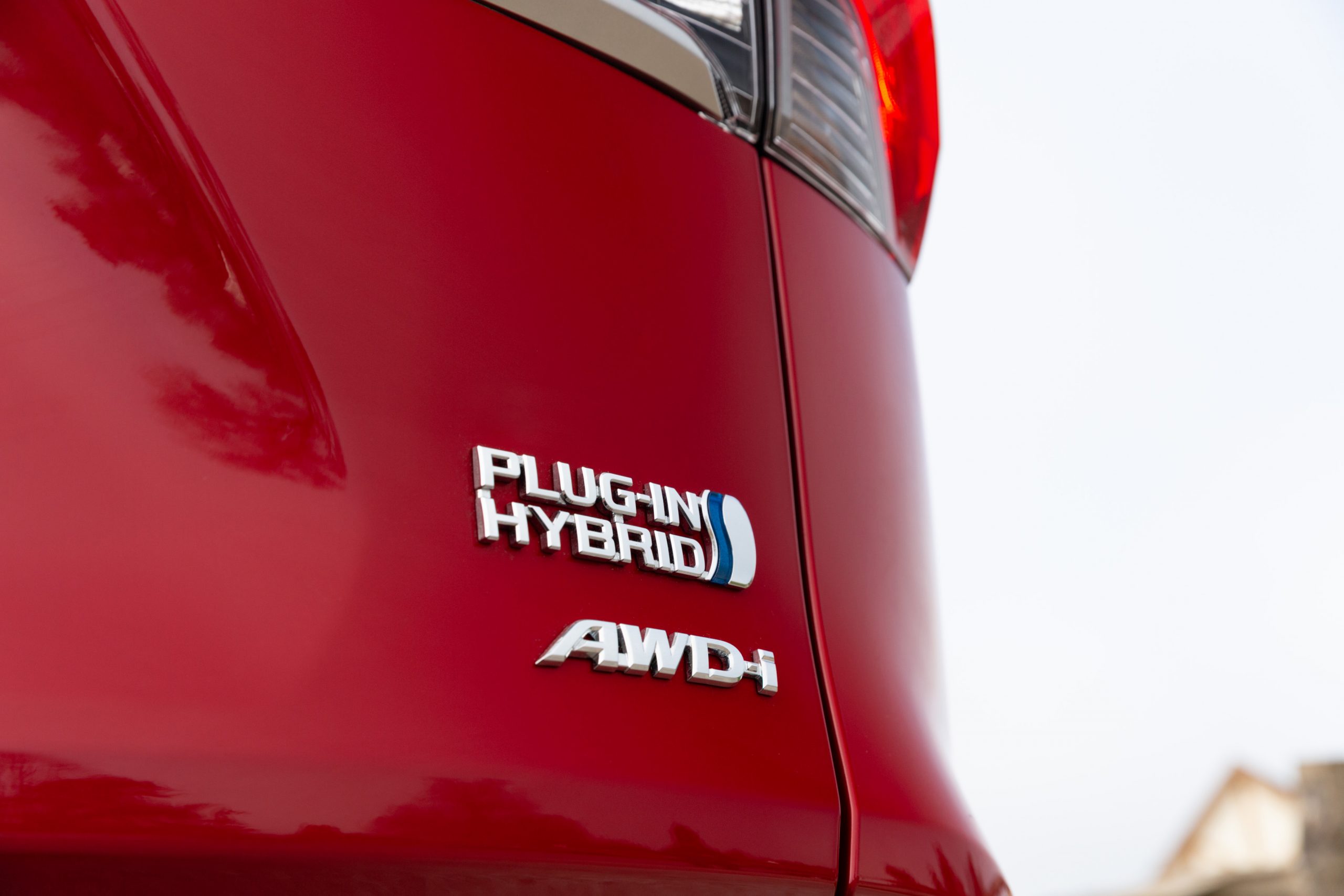The new government’s first budget has given some limited relief to electric car buyers by clarifying future tax levels and hinting at relief from the threatened ‘luxury car supplement’. However, the best incentive to EV buyers would seem to be increased taxes on cars powered by internal combustion engines and PHEVs.
The biggest change for private buyers is a hint that the treasury will dial back on the introduction of a ‘luxury tax’ on electric vehicles which was planned for April 2025, and could have cost buyers thousands over the course of the first six years of ownership.
It had planned to withdraw the EV exemption to the expensive car supplement which is already applied to all internal combustion engined cars with a list price exceeding £40,000. It adds an additional £410 to the standard rate road fund licence for a period of five years from the start of the second vehicle licence.
However, the budget statement says: “The government recognises the disproportionate impact of the current VED Expensive Car Supplement threshold for those purchasing zero emission cars and will consider raising the threshold for zero emission cars only at a future fiscal event, to make it easier to buy electric cars.”
New car electric car buyers will also see the first year’s road tax set at £10, while other cars will face steep increases. A family hatchback such as a Ford Puma will rise from £220 to £440 while luxury models with high emissions will pay £5,490 rather than the current £2,745.

New EV and PHEV company car tax rates
There is now more certainty around the company car tax rates for EVs too. Electric vehicles currently attract a 2% benefit-in-kind liability – way below the rates of even the most efficient petrol and diesel cars. The rates will increase by 1% per year until 2027 and then two percentage points per year in 2028-29 and 2029-30, rising to 9%. Petrol and diesel cars will also rise by 1% every year.
The biggest shock will be for drivers of PHEVs though. Cars with emissions of 1 – 50 g of CO2 per kilometre will rise from 5% today to 18% in 2028-29 and 19% in 2029-30. This would mean a company car driver in a Volkswagen Passat PHEV would see their tax bill leap from £943 this year to £3,392 in 2028.
There is also bad news for company car drivers who currently take part in ‘ownership’ leasing schemes which allow them to avoid benefit-in-kind. These include thousands of employees of car makers, who feed lightly-used ‘ex-management’ models into the dealer used car system.
The government said it will: “publish draft legislation relating to loopholes in car ownership arrangements, through which an employer or a third party sells a car to an employee….. then buys it back after a short period. This arrangement means those benefiting don’t pay company car tax …..and so this measure will seek to level the playing field. The changes will take effect from 6 April 2026.”





